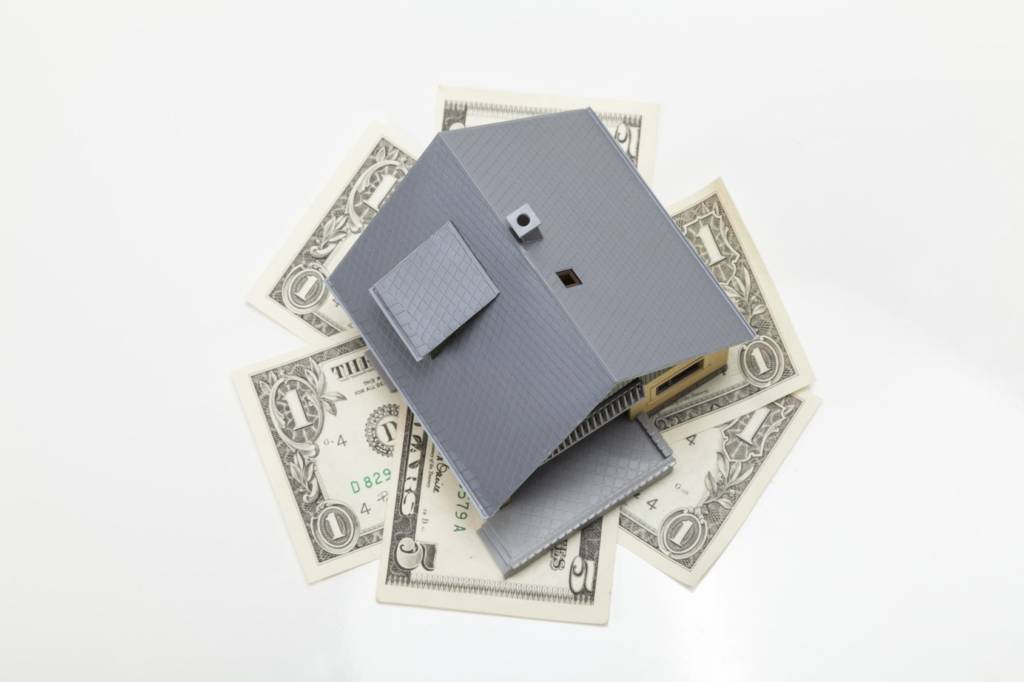
Whether you’re shopping for a home, paying taxes for the first time as a new homeowner, or a longtime homeowner looking for new ways to save, it’s important to understand how your home impacts your taxes. Taking the right deductions could give you a big tax break that will ease your expenses and make homeownership more affordable than ever.
Mortgage Interest Deduction
Shortly after the end of the tax year, your mortgage provider will send you Form 1040 detailing how much interest you’ve paid over the year. Loans are typically structured with the majority of the interest payments at the beginning, so this number will be particularly high with a new loan.
If you itemize your home deductions, you can claim a tax deduction on the interest paid on your mortgage. This will cover interest on up to $1 million of home loans, so you can enjoy a hefty break with this strategy.
Real Estate Tax Deduction
Real estate taxes can add up quickly. These taxes are an expense that many new homeowners fail to take into consideration when they’re purchasing a home, so they can hit hard when they do come around. The good news is that your real estate taxes are deductible if you itemize your deductions on Schedule A.
You can only deduct real estate taxes paid on your own home. Taxes paid on another person’s property are not eligible for this deduction.
Mortgage Credit Certificate
Low-income home owners can qualify for a Mortgage Credit Certificate when they first originate their loan. This allows you to take between 20 and 30 percent of your loan’s interest as a direct tax credit every year. Once you’ve obtained the certificate, you can claim your deduction each year by filing IRS Form 8396.
This tax break is provided through a federal program, but it’s your state and local government that will issue the certificate. Ask about this opportunity when you first get your home loan to find out if you qualify.
IRA Withdrawal Tax Breaks
If you need some extra funds to generate a down payment for a new home, you can take these funds from your IRA penalty-free. Taking money out of an IRA before the age of 59 1/2 is usually a bad idea, as you’ll pay a 10 percent penalty on the money. However, if you take the money out for a down payment on your home, you can avoid this tax fee.
You’re eligible for this tax break if you’re a first-time homebuyer or you haven’t purchased a home in the last two years.
Home Improvement Deductions
If you make improvements to your home, it’s important to track these expenses carefully, as you may qualify for some tax benefits as a result. If you take out a loan for the improvements, you can take the same deductions on this loan as you take on your mortgage interest. If you’re improving a part of your home that’s used as a home office or rental unit, you can deduct 100 percent of the improvement.
Your home improvements can benefit you financially even if you don’t qualify for these deductions. Keep track of the investment that you put into your home improvements. You can add the cost of improvements to your basis when you sell your home in the future. This will decrease the taxable gain from the sale.
Home Office Deductions
 Do you run a small business out of your home? If so, you can take a deduction on the portion of your home that’s used for business purposes. The simplified method provides a deduction of $5 per square foot for up to 300 square feet. If your office is larger than 300 square feet, you’ll need to calculate the regular deduction. This takes into account your:
Do you run a small business out of your home? If so, you can take a deduction on the portion of your home that’s used for business purposes. The simplified method provides a deduction of $5 per square foot for up to 300 square feet. If your office is larger than 300 square feet, you’ll need to calculate the regular deduction. This takes into account your:
- Mortgage interest
- Real estate taxes
- Insurance
- Utility costs
- Maintenance and repair expenses
For most of these, you’ll calculate the percentage of your home that’s used as an office and determine the corresponding percentage for costs like utilities. For example, if 20 percent of your home is dedicated to your business, you can deduct 20 percent of your annual utility costs.
Moving Deductions
If you moved into a new home because you had to relocate for a job, you should know that you may be able to deduct your moving expenses from your taxes. The new job must be at least 50 miles farther from the old home than from your new residence to qualify for this deduction. If you’re eligible, you can deduct costs including:
- Transportation
- Lodging expenses during the move
- Storage fees
Mortgage Points
If you used mortgage points to decrease the rate on your mortgage, you can take a tax deduction on these. As long as points are determined to be within the normal range, you can deduct them for the year in which they were paid. This point deduction is available for refinanced loans as well as new ones.
Pay close attention to tax credits you might qualify for so you can enjoy the maximum possible refund when you file your taxes this year.
